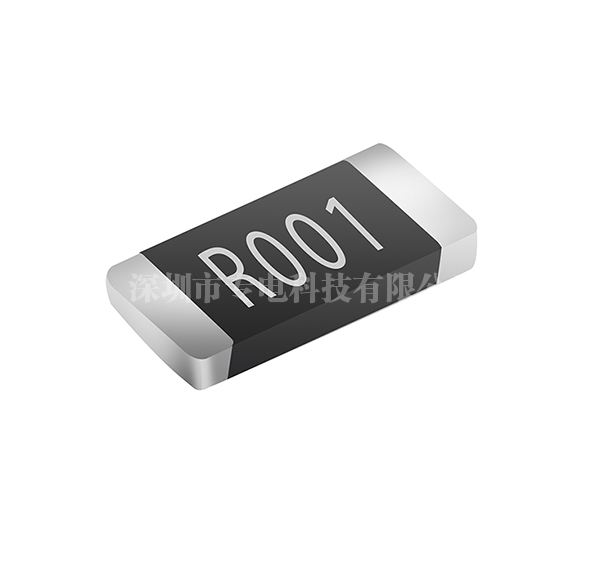Alloy resistor is a resistor made of metal alloy materials and is widely used in electronic circuits. Compared with traditional carbon film or metal film resistors, alloy resistors have better stability and temperature resistance. Its main features include low temperature drift, high precision and good anti-interference ability, making it suitable for high-precision application scenarios.
The working principle of alloy resistors is based on the relationship between the resistance value of its materials, temperature and current. Commonly used alloy materials include nickel-chromium alloy, copper-nickel alloy, etc. These materials not only have excellent electrical conductivity, but also maintain stable resistance values over a wide temperature range. Alloy resistors are often used in measuring instruments, sensors, and loads and voltage dividers in various circuits.
Due to their excellent performance and stable operating characteristics, alloy resistors are widely used in demanding applications such as industry, automotive electronics, and medical equipment. Design engineers typically consider the required accuracy, power, and environmental conditions when selecting resistors to ensure circuit reliability and stability.






